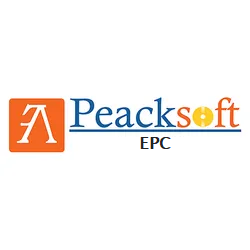
Engineering Procurement Construction Industry manages Projects, Delivery and Execution. It also helps to manage BOQ estimation, customer contract, quotation, project planning, tracking and sub-contracting
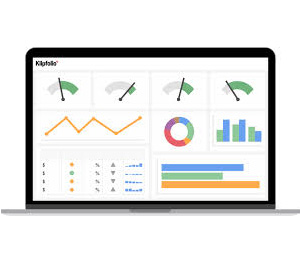
EPC Project Management - Context
The EPC contractor would be responsible for carrying out all the activities from the initial design, production, processing and completion of the project. Once the project is completed, it would be handed over to the end user. The end user or owner would take the project only when it is completed. EPC project management hence would be considered as the entire process which is dealt by the EPC contractor. Engineering the contract, would consider all the requirements of the contract. This would include the time taken to consider the form of contract, materials required, individuals responsible for carrying out the activities. Procurement would include the purview of securing all the capital goods and raw materials required for carrying out the project. Under procurement, the contracts which are entered into for securing raw materials would also be carried out. Construction would include the implementation phase of the entire project. Here the main criteria would be the resources utilised in carrying out the construction. Apart from this, the time aspect would be the main criterion for this. Hence EPC project management would be the entire process of managing the project from the inception phase to the completion phase. It is crucial to secure proper EPC project management consulting services in order to finalise a project.
Benefits of EPC Project Management
- Ease of Burden and Management: The company can have fewer burdens as the work would be completed under the purview by the same company or individual. This company is known as an EPC contractor.
- Professional Services Automation(PSA): EPC project management is usually conducted by professional companies and individuals.These projects can be completed within a stipulated time frame.
- All Services under one Company: All the services related to engineering, procurement and construction are carried out by one company. Hence the individual giving the contract would not have the burden to assign the procurement and construction aspect of the project to another company. All the services would be carried out by one company.
EPC Project Management - Benefits
Scope of works under this carried out by EPC contractor or company.
- EPC Project Management Company.
- Concept Development.
- Carry out Feasibility Studies.
- Front End Engineering Design Analysis and development.This would be one of the main steps of carrying out the EPC contract. The design and resources utilised in this step would be carried out. Process flow diagrams and other particulars would also be discussed under this step. FEED analysis is a resourceful tool which is utilised in project budgeting. Such tools are useful in budgeting analysis.
- EPC Implementation.
- EPC Commissioning.
- Quality Standards.
Peacksoft EPC workflow.
Project & Tender
A project is a temporary effort with a defined beginning and end, aimed at creating a unique product, service or result.
A tender is a formal, competitive offer to provide a product or service, usually in response to a request for proposal (RFP) or invitation to tender (ITT). Tenders are used in various industries to solicit bids and choose a contractor to carry out a project.
Read more on EPC Workflow
BOQ Estimation
BOQ stands for Bill of Quantities. It is a comprehensive list of all the materials, labor, and services required to complete a construction project. BOQ estimation involves calculating the costs of each item listed in the BOQ to arrive at an overall estimate of the project cost. The process involves analyzing drawings and specifications, identifying the necessary materials, labor, and services, and determining the quantities required for each item. The BOQ estimate is used by contractors to provide a detailed breakdown of the project cost, and by owners and project managers to budget, plan and manage the project.
Project Planning
Project planning is the process of defining and organizing the tasks, resources, and timeline required to complete a project successfully. It involves setting goals and objectives, defining the scope of the project, identifying the tasks required to complete the project, estimating the time and resources needed for each task, creating a schedule, and developing a risk management plan. The project plan serves as a roadmap for the project and helps to ensure that it stays on track, stays within budget, and meets the specified requirements and deadlines. Effective project planning is essential for the success of a project as it helps to ensure that all stakeholders have a clear understanding of the project's goals, timeline, and requirements.
Project Management
Project management is the process of leading a project from inception to closure, using techniques and tools to plan, organize, and control the work of a project team to achieve specific goals and objectives. It involves defining project scope, setting goals and objectives, creating a project plan, allocating resources, managing and monitoring progress, controlling changes, and closing the project. Project management requires effective communication, collaboration, and leadership skills to ensure that the project stays on track, meets its goals, and delivers the desired results within budget and on time. Project management techniques such as Agile, Scrum, Waterfall, and Lean are used to plan, execute, and close projects in various industries, including construction, software development, and product design.
Read more on Project Planning & Execution
Sub-Contracting
Subcontracting is the practice of hiring another company or individual, known as a subcontractor, to perform part of a larger contract or project. This can be done by the main contractor, who has been awarded the overall contract, or by a subcontractor, who has been awarded a portion of the work. The subcontractor is responsible for completing their part of the work, and they are accountable to the main contractor or to another subcontractor, depending on the arrangement. Subcontracting can be used to bring specialized skills, resources, or experience to a project, to manage risk by transferring part of the work to another company.
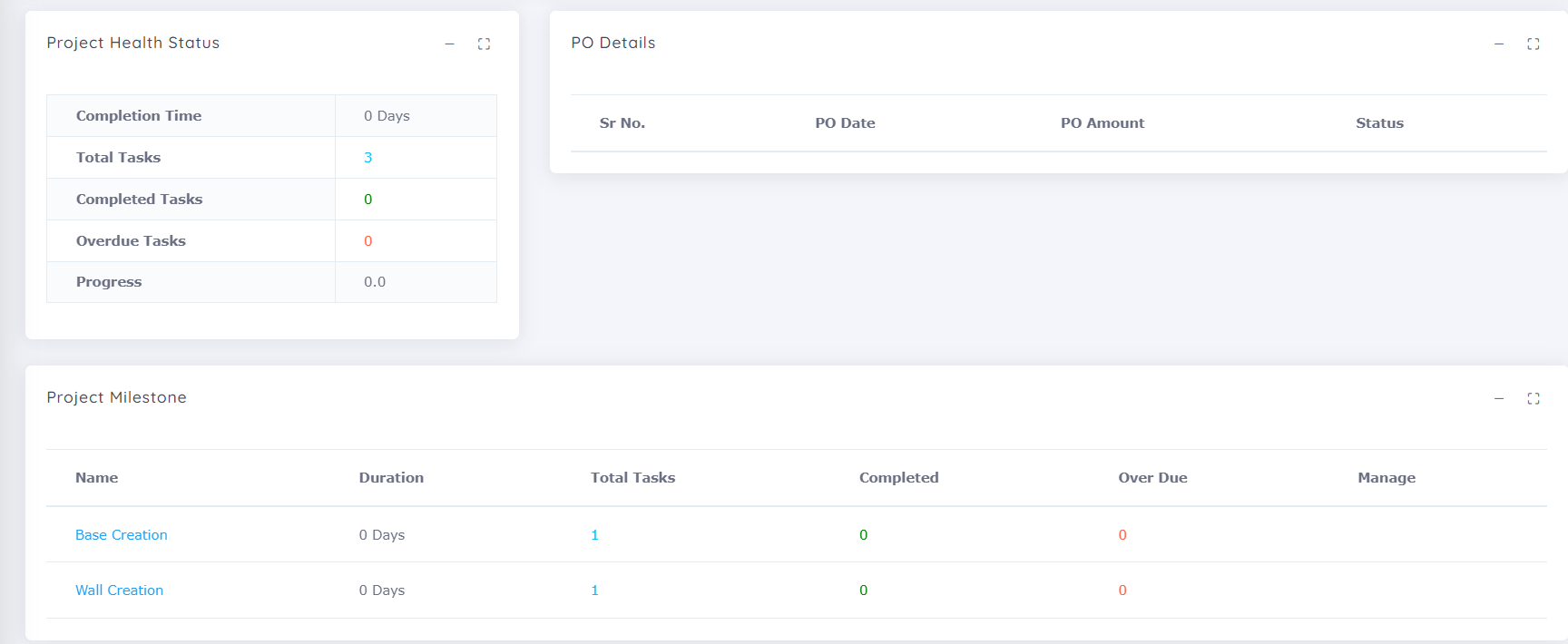
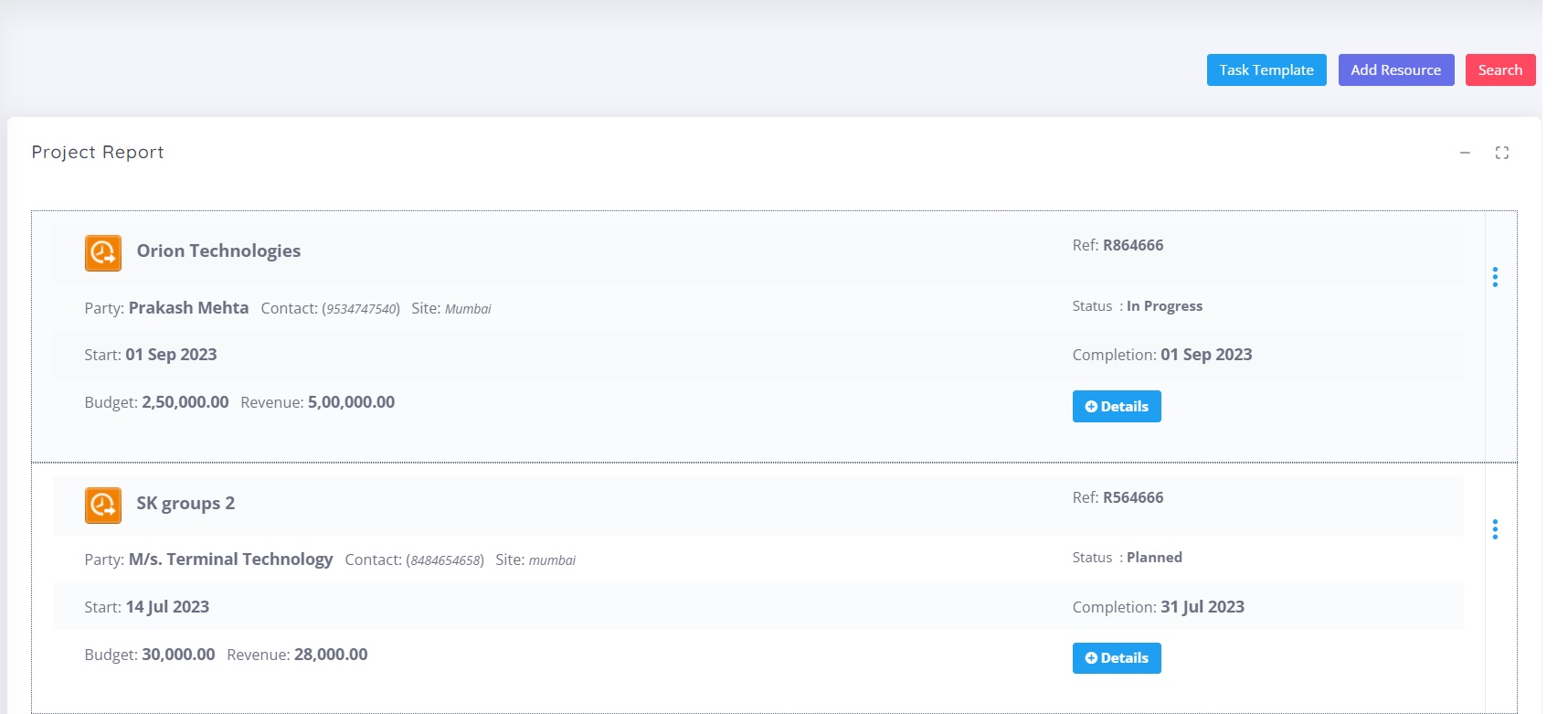
Professional Service Automation (PSA)
Professional services automation (PSA) software offers an alternative to the array of separate project management, time tracking, invoicing, resource planning, collaboration tools used by many project teams. This helps manage project delivery. PSA applications help professional services providers manage client engagements throughout the project lifecycle. A project starts when a service lead is captured from prospect and resources are allocated to deliver the work. The cycle nears completion when invoices are issued and payment is received. This establishes a consistent process for planning, managing and measuring the performance of each project throughout its lifecycle. By centralizing business processes and data, services can be delivered more predictably and repetitive manual processes streamlined or automated. PSA is sometimes referred to as ERP for services organizations.
Read more on Professional Services Automation
Get Started with Peacksoft ERP Today
Intuitive solutions on cloud with integrated features like Accounting, Purchase, Sales, Production, CRM, Payroll, Inventory & Filing of all compliances. . Call us at +91-86608 58802 (M: 9845167247) to schedule a consultation.


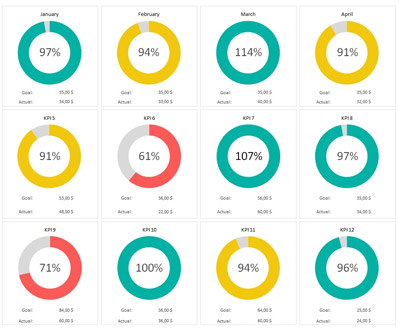

 Manage sales through quotation by updating information and proceed to Sales order, Sales delivery , Sales invoice by click of few button.
Manage sales through quotation by updating information and proceed to Sales order, Sales delivery , Sales invoice by click of few button.
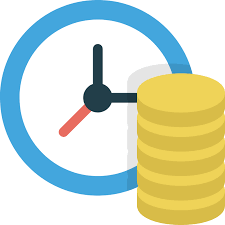 Manage Purchases through order by updating information and proceed to GRN, Purchase Invoice by click of few buttons.
Manage Purchases through order by updating information and proceed to GRN, Purchase Invoice by click of few buttons.
 Comprehensive Inventory management features for small and mid size companies.
Comprehensive Inventory management features for small and mid size companies.
 Manufacturing
Manufacturing